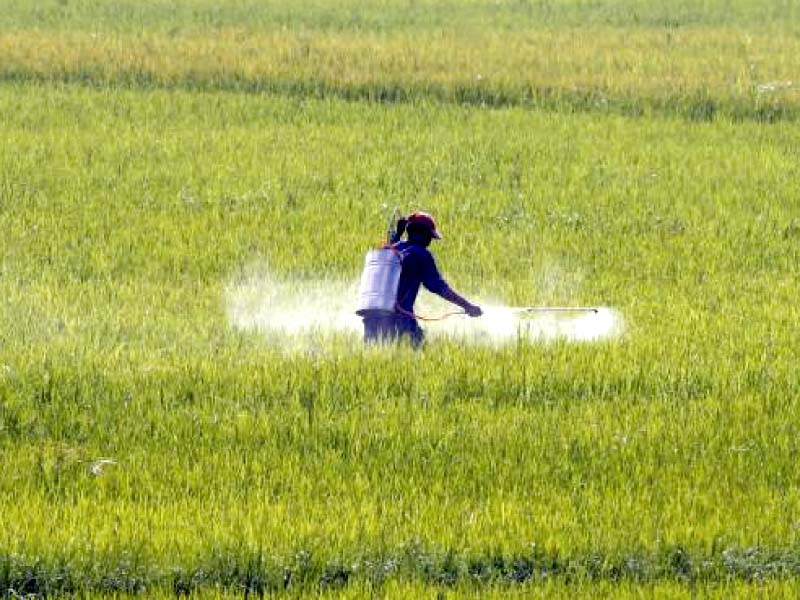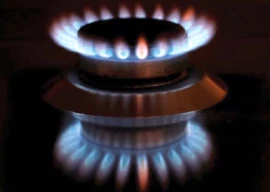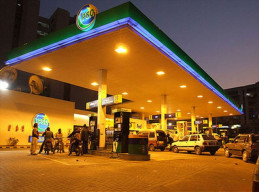
In response to economic challenges and the fast depletion of gas reserves, the government is contemplating the re-prioritisation of the Merit Order for gas supply to various sectors. The Merit Order, which prioritises domestic consumers, is under scrutiny as the economic decision-making body discusses measures to address the gas supply to fertiliser plants.
During a recent meeting of the Economic Coordination Committee (ECC), concerns were raised about the significant foreign exchange required for importing both Re-Gasified Liquefied Natural Gas (RLNG) and urea. Members emphasised the need to re-prioritise the Merit Order for gas supply in light of the economic situation and the depletion of gas reserves.
Gas reserves are depleting rapidly, and the supply of indigenous gas to Fatima Fertiliser and Agritech fertiliser plants during the Rabi season is becoming challenging. The committee suggested a blend of RLNG and indigenous gas, with a 50:50 ratio, for these plants, emphasising that the high cost of RLNG should not burden poor farmers but should be borne by the fertiliser plants themselves.
The committee urged the Petroleum Division to develop a mechanism for recovering the gas cost differential. Additionally, the ECC approved the import of 200,000 metric tonnes of urea through the Trading Corporation of Pakistan (TCP) to meet the demand during the current Rabi season.
In terms of fertiliser pricing, the ECC directed a committee, formed in a previous meeting on October 3, 2023, to engage with fertiliser manufacturers. The petroleum division was instructed to review existing contracts and propose uniform gas pricing, either on full RLNG or a blend, with a summary to be submitted to the ECC.
To address the subsidy on imported fertiliser, the ECC decided that provinces should bear the cost, and the Secretaries of Finance Division and Industries & Production Division were directed to involve provinces in the import of urea and share the subsidy burden.
The fertiliser industry in Pakistan has faced criticism for receiving gas at discounted rates while raising prices of urea and Diammonium Phosphate (DAP), making them unaffordable for farmers. Despite receiving funds from farmers for gas infrastructure development, fertiliser manufacturers have not deposited the amount into the national exchequer, leading to legal disputes.
Read: ECC fails to halt cheap gas supply
The Ministry of Industries and Production submitted a summary to extend the operations of Sui Northern Gas Pipelines Limited (SNGPL) based fertiliser plants beyond October 15, 2023, to March 31, 2024, for the import of 200,000 metric tons and provision of maximum gas volume/pressure to Fauji Fertiliser Bin Qasim (FFBL). The ECC is awaiting a decision from the Cabinet on this matter.
Due to the urgency of the situation, the Prime Minister’s Office directed the ECC to prioritise the summary for review. A meeting chaired by the finance minister on October 22, 2023, led to recommendations for uninterrupted gas supply to all fertiliser plants. The petroleum division was tasked with proposing uniform gas pricing and a blend of RLNG and indigenous gas, and a summary was to be submitted to the ECC.
It proposed the immediate import of 200,000 to 500,000 metric tonnes of urea, with the subsidy on imported fertilizer to be borne by provinces.
The finance division suggests that, due to the absence/depletion of system gas, RLNG may be supplied to Fatima Fertiliser (Sheikhupura) and Agritech in the short term at the OGRA prescribed price. The differential on account of the provision of RLNG to SNGPL-based plants may be built into the Revenue Requirements of SNGPL and recovered from other consumers.
Published in The Express Tribune, November 18th, 2023.
Like Business on Facebook, follow @TribuneBiz on Twitter to stay informed and join in the conversation.





1730793476-0/bella-(1)1730793476-0-165x106.webp)













1730706072-0/Copy-of-Untitled-(2)1730706072-0-270x192.webp)
COMMENTS
Comments are moderated and generally will be posted if they are on-topic and not abusive.
For more information, please see our Comments FAQ